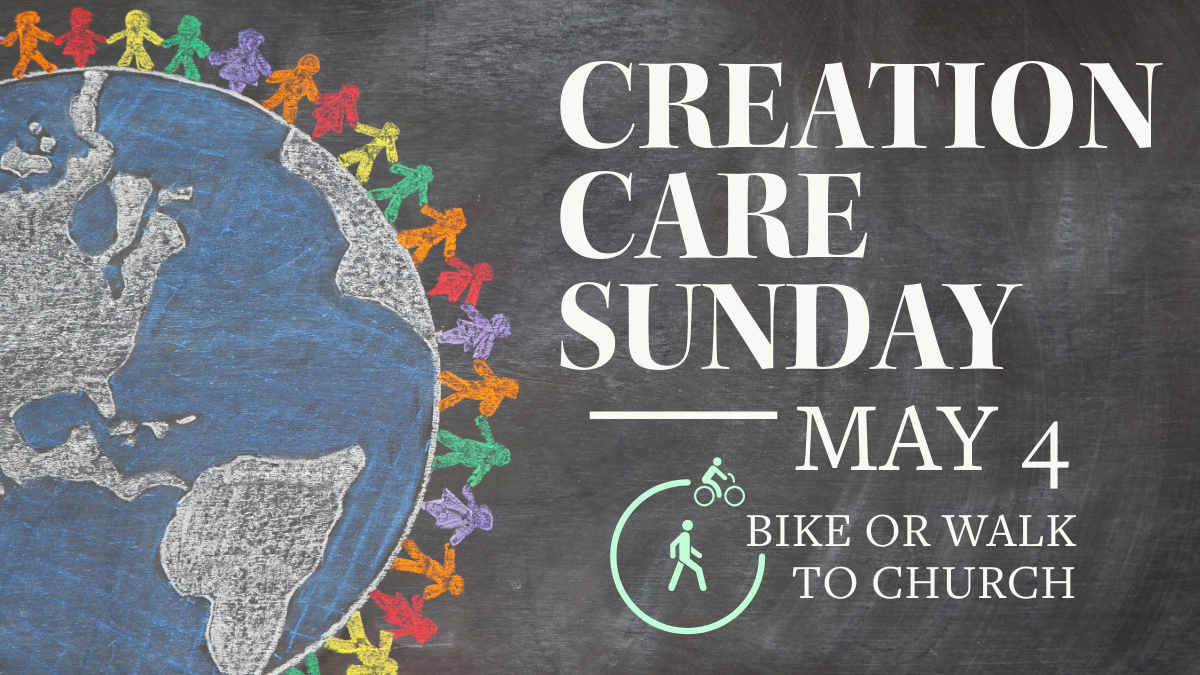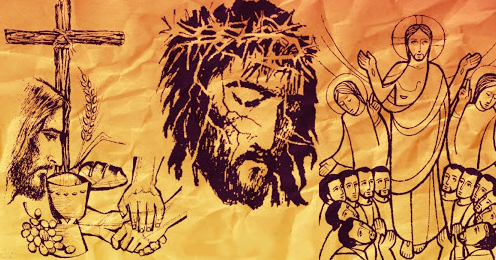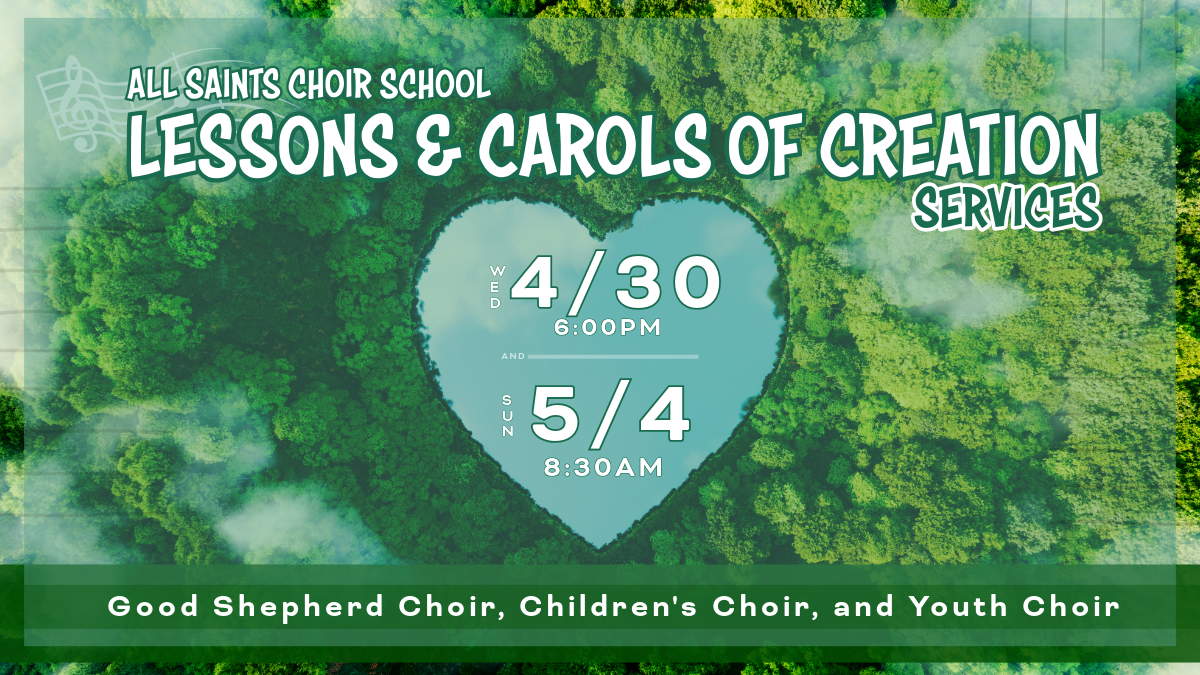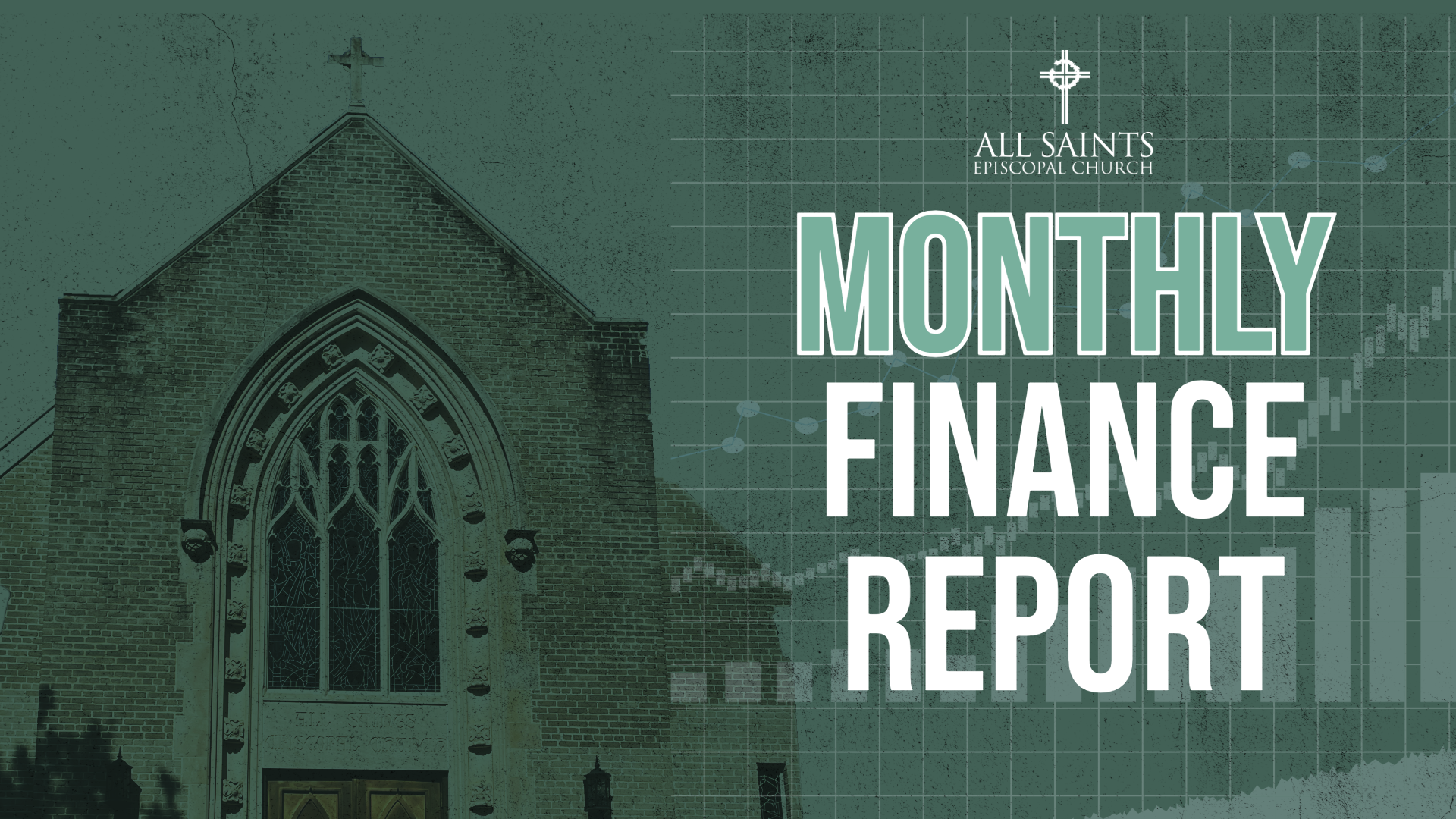Bad Words, Good Words
"Bad Words, Good Words"
Sermon by The Rev. Cindy Carter
September 15, 2024
Several years ago, I had the opportunity to talk with members of the Girl’s Club at a local after school program. I had been invited there to tell them about one of my heroes - Frances Perkins, the first female member of a President’s Cabinet, who served as Secretary of Labor under President Roosevelt and who was the principal architect of the New Deal.
Frances had been touched deeply by the poor working conditions in American workplaces, especially involving women and children. She had literally watched young women jump to their deaths in the Triangle Shirtwaist Factory Fire in New York City. Young immigrant women who had been locked inside their workplace by their employers and couldn’t escape the heat of the fire any other way than by jumping from the building.
Frances was determined to spend her life making things better for workers.
After I talked about my hero Frances Perkins, I asked the young women about their heroes, who they were, what their heroes had seen that was wrong in the world, and how they had worked to change it. And then, I asked these young women what they saw that was wrong in the world, what moved them to want to change things.
They had some great answers - pets who are abused, people who don’t have homes, people who don’t have enough to eat.
And, then one young woman said, “Bad words.” As we talked, she made it clear that she wasn’t talking about what we might call “swear words.” She was talking about words that hurt and harm others, and she wanted to do something about that. I have to say that I was impressed by her answer and by her passion.
I think the author of our Epistle reading today would have been impressed, too. James who wrote this letter was likely the brother of Jesus and a leader in the church in Jerusalem.
James knew that words, these powerful things produced by our tongues, can be hurtful and harmful and powerful.
James gave us a preview of his thoughts about the words that come off our tongues back in Chapter One of the Letter.
You must understand this, my beloved: let everyone be quick to listen, slow to speak…
If any think they are religious, and do not bridle their tongues but deceive their hearts, their religion is worthless.
In today’s epistle reading, James comes back to the topic of words and begins the discussion by focusing on teachers – those whose vocation is based on their tongues, those who are given some authority and who spend a great deal of time talking in front of others.
As someone who has spent my adult life teaching and preaching, I understand why he began there, because those of us who use our tongues a lot know full well how dangerous our tongues and our words can be.
Our tongues can get us into trouble even when we don’t intend for that to happen. It is easy to make mistakes, big mistakes, and when you are a teacher (or a preacher) those mistakes can be oh so very obvious and oh so very dangerous.
Mistakes that are only exacerbated by the authority that is given to these positions. Our mistakes can get passed onto others, and that is indeed frightening.
It’s enough to make me want to suggest that we just stop right here, end the sermon now, and take some time in silent prayer. That might be safer for all of us.
But, I am a preacher, so we’ll go on.
You see, even though James began by speaking to teachers, I think his comments about the tongue were intended for a wider audience. I think James’ intended audience here was all Christians, because these tongues of ours and the words we produce with them can be dangerous, and that is true for all of us.
I think James’ words are as relevant for us today as they were when he wrote them in the first century. They may be even more relevant for us today – in a culture where our language seems to have become coarse, loud, unthoughtful, rude, and even at times downright hurtful and wrong.
Where “this is America, I can say what I want” and “I’m just telling you what I think” can justify using our tongues to give sound to every thought or feeling that passes through our heads the very moment we think it.
Where words that were once to be kept out of polite company now seem to be heard just about everywhere from just about everyone – including Christians who claim Christ’s name but whose words are contrary to what Christ expects.
Now, many of God’s creatures have tongues. My sweet dog Maisie has a tongue. But, her tongue just doesn’t seem to be as much of a problem for her as mine is for me.
Our human tongues are a special problem because they enable us to express our thoughts through spoken language. And, language has the capacity to create reality.
I think what James knew was that our tongues can be used to create God’s reality or to create the world’s reality. Our tongues can be used to bless, to build up, to inspire, to express love and care. Or, they can be used to curse, to hurt, to make people feel like less than the images of God that they truly are. In the words of that young woman I mentioned, our tongues can be used to produce “bad words.”
James knew that the words produced by our human tongues cannot be taken back. Once they come off our tongues, they are set loose in the world. To create wildfires of goodness that can enliven, inspire, and empower or to create wildfires of evil that create chaos, pain, and destruction.
Most of all, I think James knew that none of us can perfectly control our tongues. These small parts of our bodies contain extreme amounts of power, and they cannot be tamed.
For all of us make many mistakes.
Yes, that is the sad truth of our human condition.
But, thanks be to God, in the times when we make mistakes, when others make mistakes, our tongues can be special sources of blessing. The blessing found in apologizing and requesting forgiveness from God and from those who we have affected by our mistakes. The blessing of offering our personal forgiveness and assuring God’s forgiveness to those who have injured us.
James knew that we Christians have great power in the tongues God has given us. And, he instructs us to use them to create God’s reality. The reality of love, friendship, reconciliation, and forgiveness – a reality that our world so very desperately needs.
Now, I began this sermon with one of my heroes, Frances Perkins. And, I want to end it with another of my heroes. You may recognize his name; he was Father Mychal Judge, and he died 23 years ago this past week on 9/11.
Father Mychal was a Franciscan friar and Catholic priest who served as a chaplain to the NYC Fire Department. He died in the North Tower of the World Trade Center, as he prayed for the rescuers, the injured, and the dead and as he prayed for God to end the horror that was occurring.
I mention him here today because I believe that a prayer attributed to Father Mychal can help us control our tongues and offer good words instead of bad words.
“Lord, take me where You want me to go
Let me meet who You want me to meet
Tell me what You want me to say and
Keep me out of your way.”
— Fr Mychal Judge
AMEN.
More Announcements
